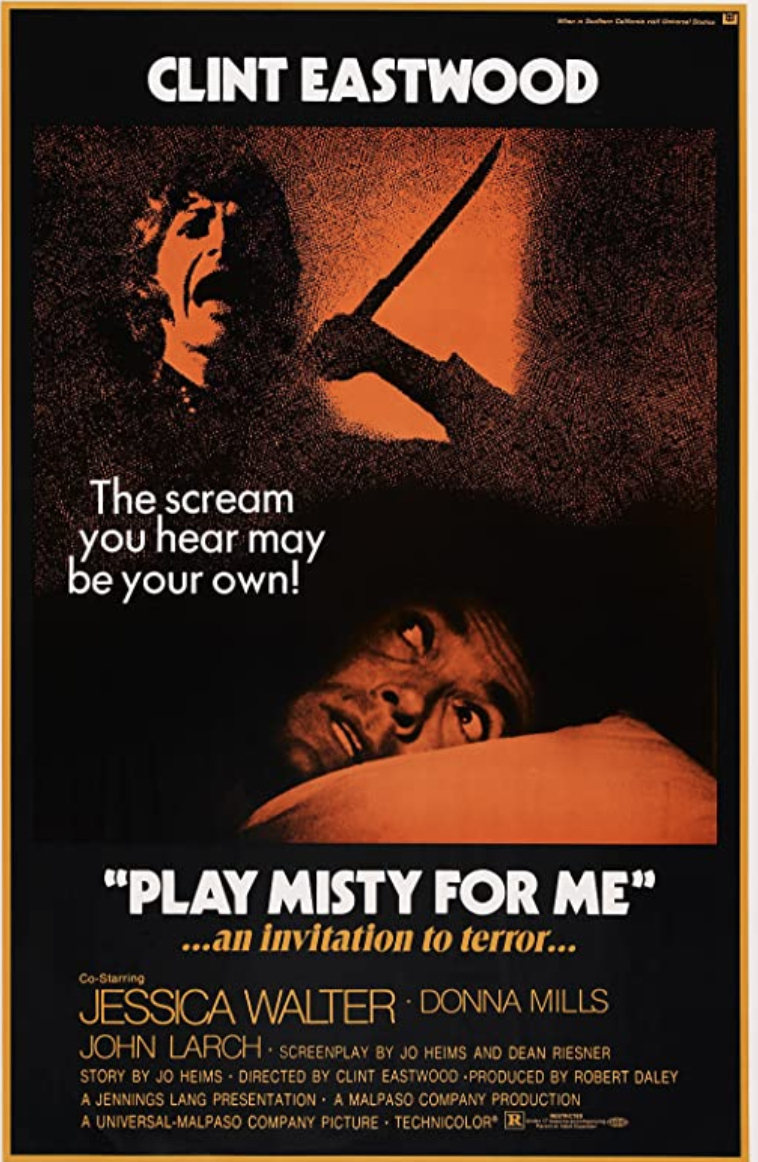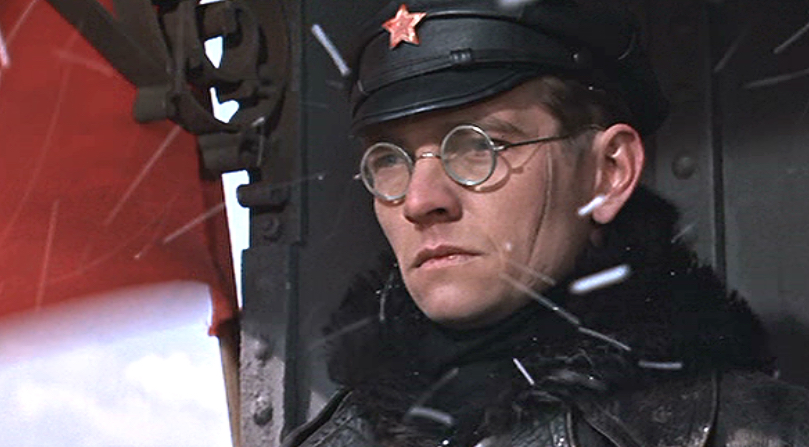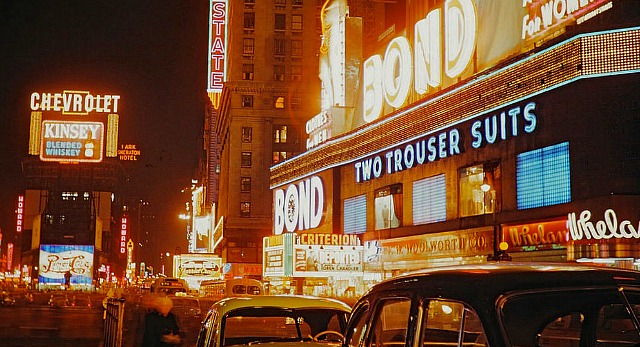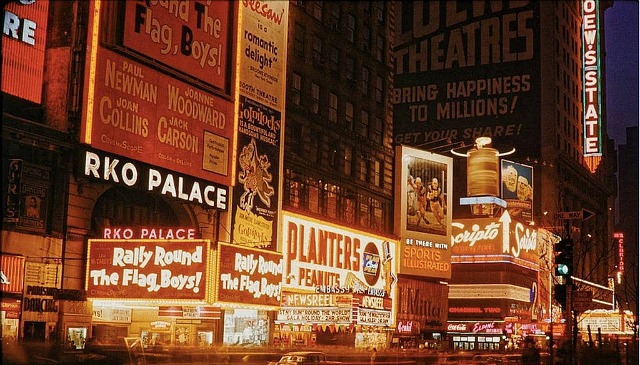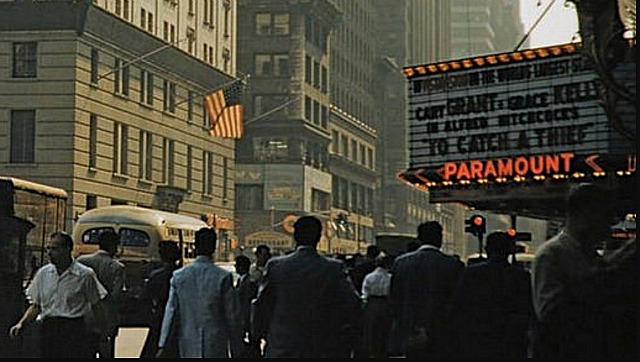Stiller: “And by the way Nancy invited along two gay guys just for fun…”
Brolin: “What does ‘gay guys’ have to do with anything?”
Stiller: “Nothing…it has nothing to do with anything, okay? I didn’t mean to be insulting.”
Brolin: “Then why’d you say it, ‘neurotic guy’?
Stiller: “That’s my designation…’neurotic guy’?
Brolin: “Uh-huh.”
Stiller: “Uhm…I don’t think you know me well enough to call me ‘neurotic guy.'”
Brolin: “Oh, really? ‘Gay guy’ isn’t intimate?”
Month: March 2021
Redfield Believes Covid Escaped From Wuhan Lab
Earlier today American virologist and former director of the Center for Disease Control and Prevention Robert Redfield got behind the “Wuhan lab escape” theory about the origins of the Covid-19.
Happiness Pills
“Happy?” — Facebook friend after mulling the below photo.
“I had a traumatic birth, which gives you a certain antsy outlook on things. By the time I was six or seven I was feeling very angry at God for giving me such a miserable life in suburban New Jersey, and especially for giving me such strict, hard-nosed parents, particularly a mother who made me go to church every damn Sunday.
“In my tweens and teens I went through a period of mocking and taunting Him. Then I embraced and worshipped Him as a result of my mystical LSD trips in my early 20s. Then I came to an understanding that God has nothing to do whatsoever with ‘happiness,’ however you want to define it.
“The best that can be said about God is that, depending on how lucky or unlucky you are in terms of parental or tribal lineage and birth location, He/She/It is completely impartial — indifferent — about whether you’re living a happy or miserable life. He’s “not there” (as The Zombies once sang) so it’s basically up to you.

“If you want or need ‘happiness’ and you’re not living under a horrible dictatorship, orchestrate your own version of happiness or fulfillment, being careful not to make things worse for others.” — posted on 2.3.18 under the title “God Is A Concept.”
“Real happiness is more the subtle equanimity that Aristotle described as eudimonea, than it is the steroid-filled social projections of happiness and success that we expect from others.” — HE commenter “Otto Gierke“, posted eight years ago.
“There’s a difference between a true sense of deep well-being, which still can acknowledge the darkness in the world, compared to a relentless, forced peppiness. And I think acquiring the former can be the work of a lifetime, though it seems to come more easily for some than for others.
Task Force X, Babycakes
Just remember that James Gunn‘s The Suicide Squad (Warner Bros., 8.6.21) is quite different from David Ayer‘s Suicide Squad (’16). It uses the word “the” in the title, for one thing. And it’s regarded as a stand-alone sequel to Ayer’s film as well as a “soft reboot.” And it’ll debut on HBO Max….aagghh, who cares? I’m looking forward to Pete Davidson‘s supporting performances, but that’s all. Just another D.C. paycheck gig for the principals involved. Margot Robbie, Idris Elba, John Cena, MichaelRooker, Joel Kinnaman, Viola Davis, Jai Courtney, Peter Capaldi, Alice Braga, Nathan Fillion, Flula Borg and a kaiju, etc. Sylvester Stallone voices “King Shark,” a man-eating shark-human hybrid.
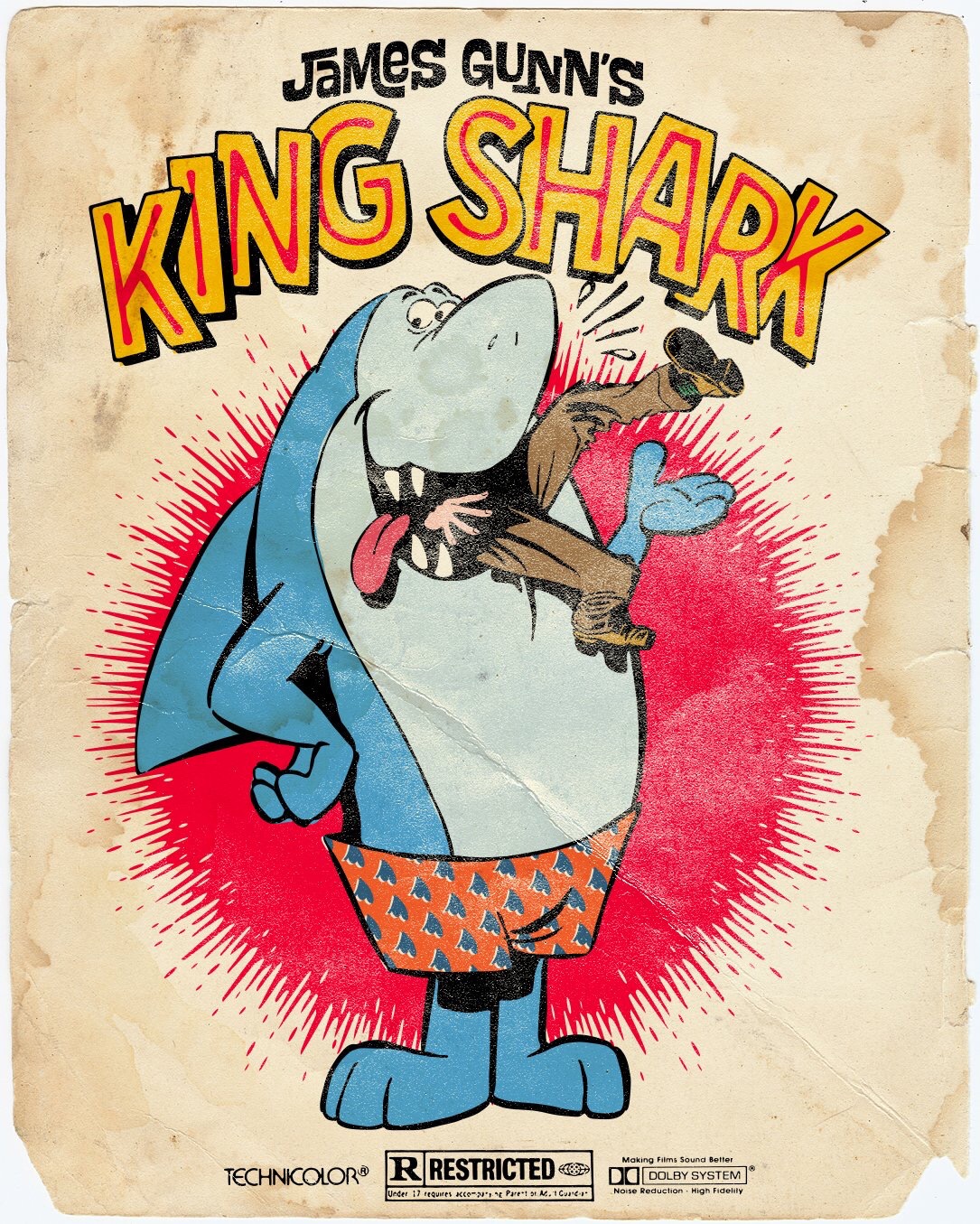
Fascinating Post-Mortem
An absorbing, unusually candid video essay is included in Kino Lorber’s All Night Long Bluray (5.26.20), which I only just watched last night.
Titled “All Night Wrong,” it’s a recollection from screenwriter W.D Richter (Slither, Invasion of the Body Snatchers, Brubaker, The Adventures of Buckaroo Banzai) about why the film didn’t really work.
I happen to disagree. I think All Night Long is a decent half-and-halfer. Directed by Jean-Claude Tramont and costarring Gene Hackman and the curiously miscast Barbra Streisand, it’s a dry, somewhat quirky romantic comedy that ambles along, doesn’t grossly offend and occasionally kicks into gear by way of irreverence or what-have-you.
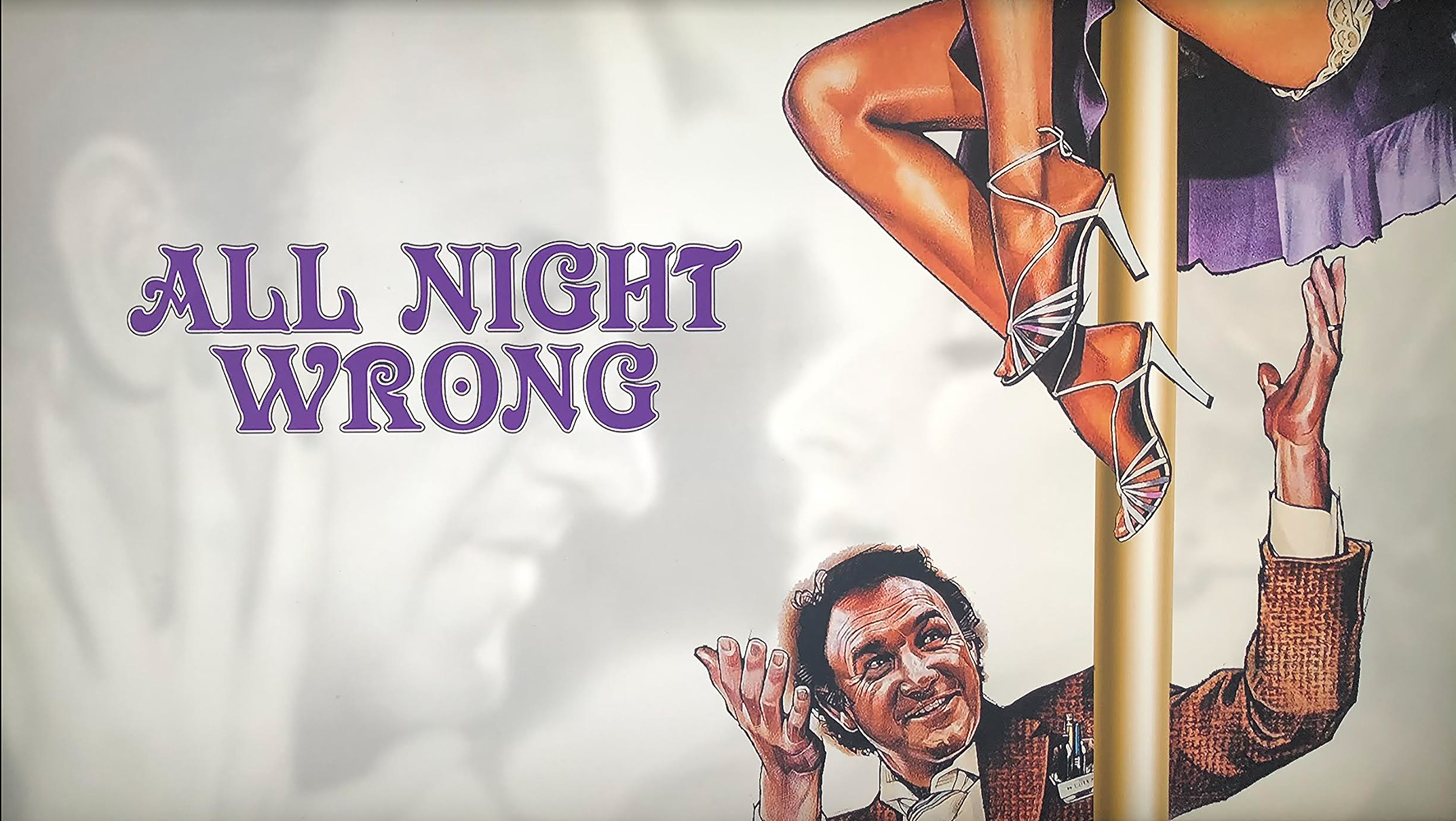
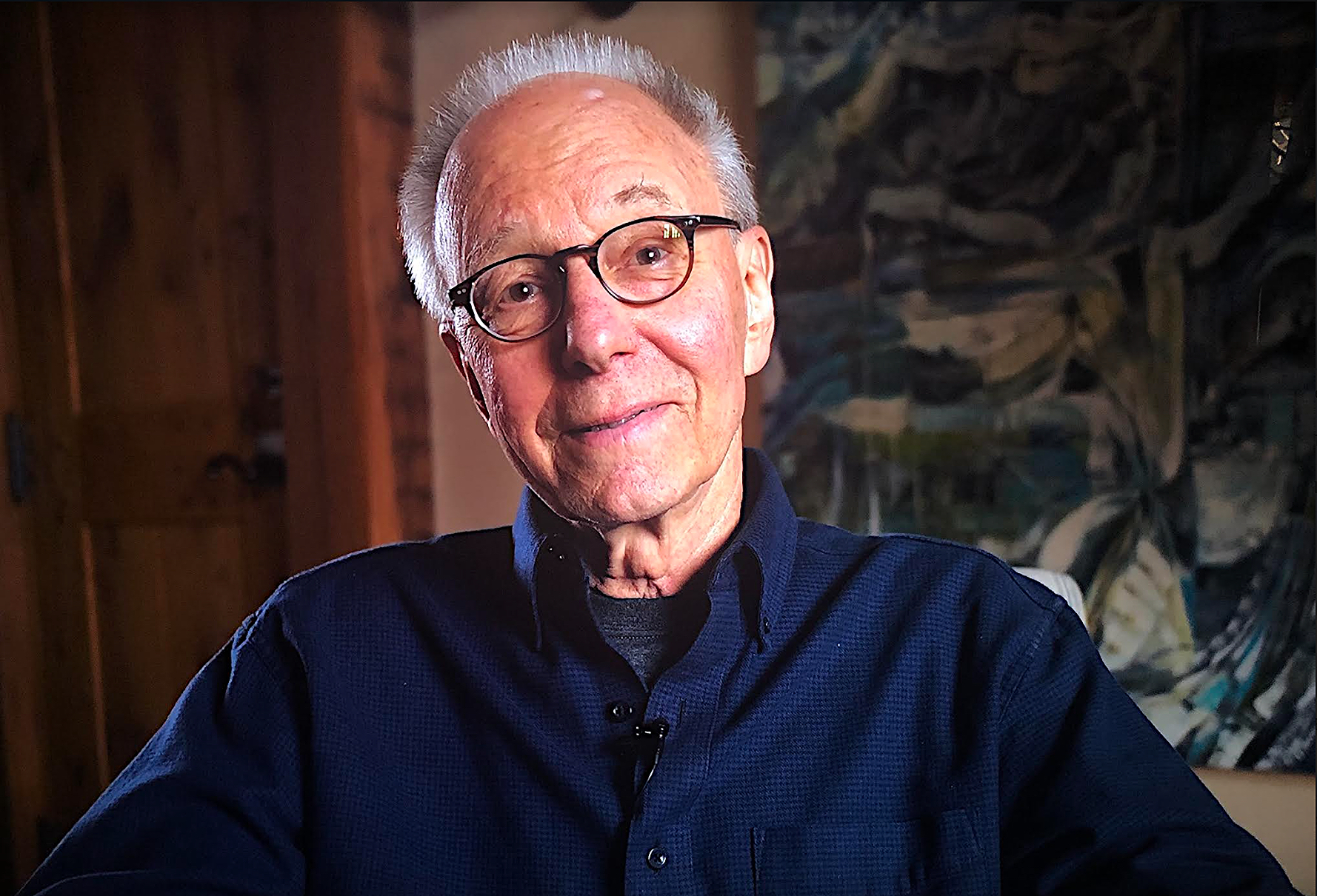
All Night Long screenwriter W.D, Richjter as featured in Kino Lorber video essay, “All Night Wrong.”
Richter wrote a low-key, European-toned screenplay that was intended to resemble a Mike Leigh film. It originally costarred Hackman and Lisa Eichorn. But the hoped-for chemistry between Hackman and Eichorn didn’t happen, and so Eichorn was jettisoned after a week of shooting and Streisand, of all people, stepped in at the urging of her hotshot agent, Sue Mengers, who was married to Tramont.
Streisand didn’t demand any rewrites or pull any big superstar moves — she just played the Eichorn role as written. But it was an odd fit. And Tramont, unfortunately, decided to throw in a lot of crude slapstick business that really didn’t work, and so the film felt tonally off-balanced.
All Night Long is great when it cleaves to Hackman’s middle-aged insouciance — his character’s loathing for middle-class conventionality. And Streisand isn’t half bad. But the best part of the Bluray package is the Richter essay — I found it much more engaging than the film.
Bard of the West
The great Larry McMurtry (The Last Picture Show, Lonesome Dove, Terms of Endearment, Hud, co-writer of Brokeback Mountain), a literary giant if there ever was one, is gone at age 84. I’m very sorry, but at least Sam the Lion has some company. Hugs and condolences all around.
McMurtry was a legend, a brand…the creator of his own genre. A magnificent writer with a clear, eloquent, Texas-twang voice, softly infused with a certain basic, homespun wisdom.
No, McMurtry didn’t write Hud — Irving Ravetch and Harriet Frank, Jr. co-penned the screenplay — but that classic 1963 film, directed by Martin Ritt and starring Paul Newman, was based on his own “Horseman, Pass By.”
Yes, James L. Brooks wrote the Terms of Endearment screenplay (and presumably came up with Jack Nicholson‘s “to kill the bug that you have up your ass” line), but the source book was McMurtry’s.
Yes, William D. Wittliff wrote the Lonesome Dove screenplay but it was based on McMurtry’s 1985 novel.
It would be nice if all these legendary creative people would stop dying, thanks. They’re dropping like flies.
Upfront Sexuality vs. Gray Lady
It’s odd to come across several ads for sexual-envelope-pushing films (Threesome, Rough Trade, The Lickerish Quartet, Sexual Practices in Sweden, The Postgraduate, The Curious Female, He and She) in an October ’70 edition of the prim and guarded N.Y. Times. Obviously, as the second year of the Nixon administration was coming to a close, moderately graphic sexuality (and in some cases immoderate sexuality) was a significant draw. Even David Lean was getting into the act.
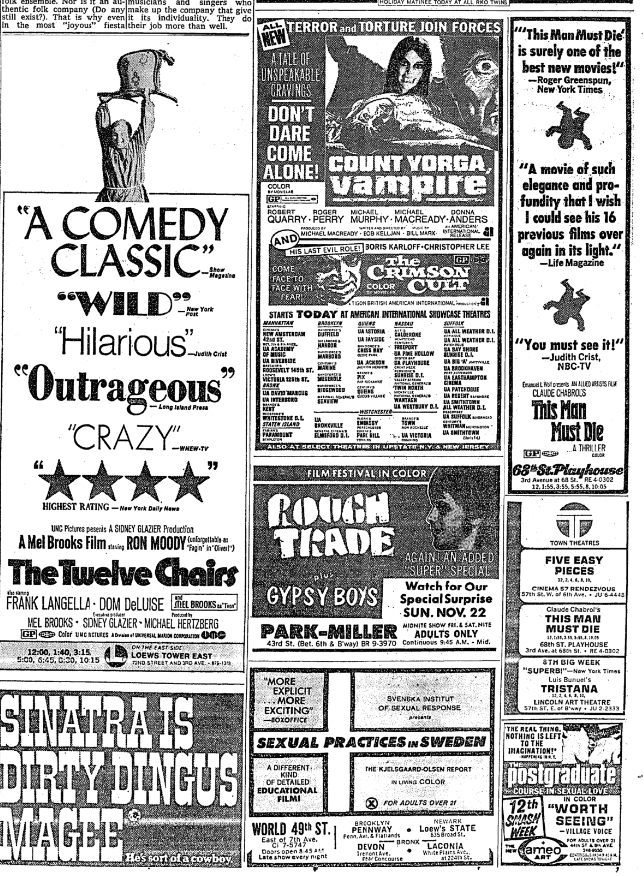
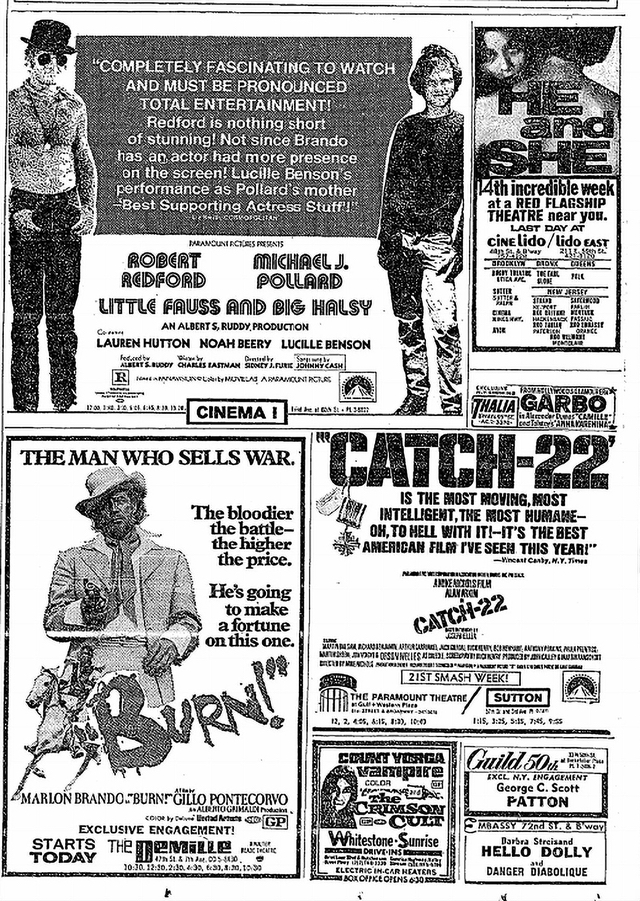
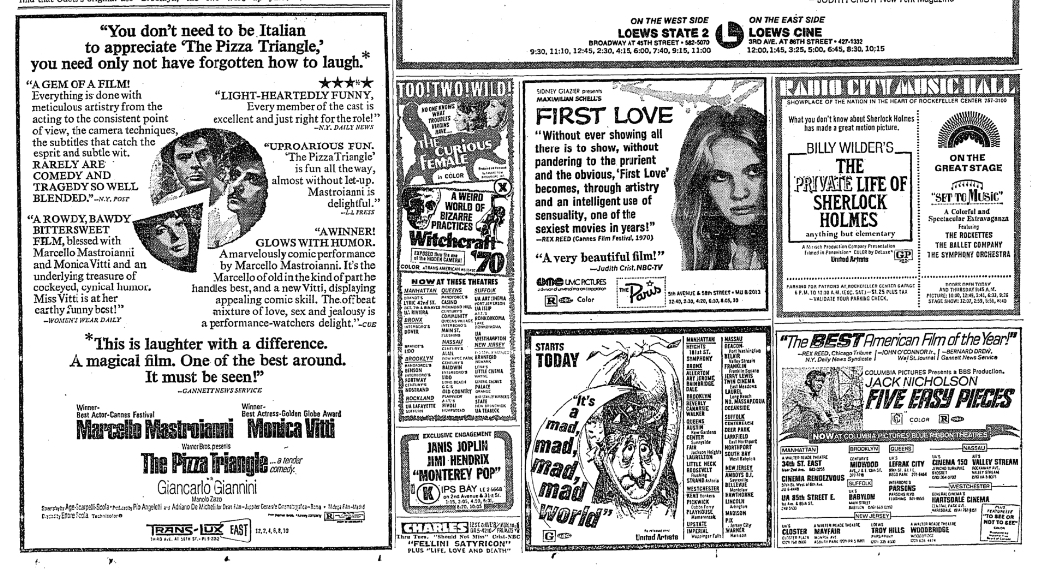
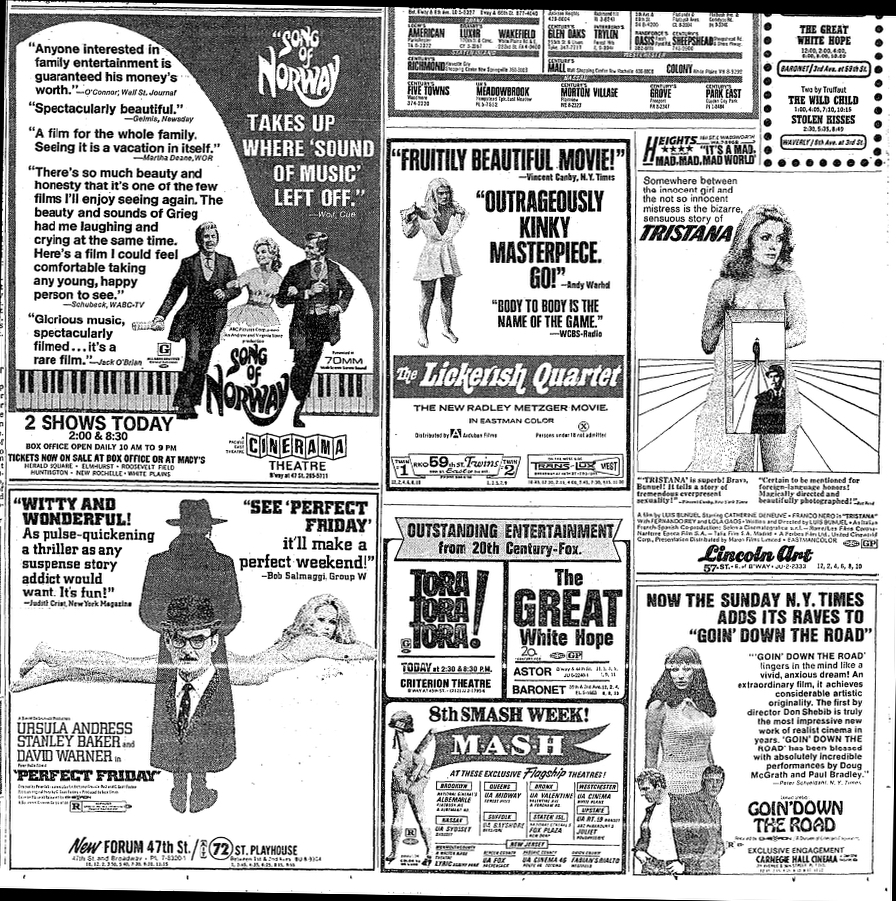
Segal Reminder
Just so we’re clear, Carl Reiner‘s Where’s Poppa? and Peter Yates‘ The Hot Rock delivered the one-two punch that made George Segal into a marquee brand.
Segal was a respected, well-liked, plugging-away actor throughout the ’60s, and he definitely elevated his stock rating with his lead performance in Irvin Kershner‘s Loving (’70 — 3.4.70). But Reiner-Yates added the boldface, above-the-title stardom factor to Segal’s guilt-ridden, self-flagellating, Jewish-guy thing, and he was off to the races.
Poppa (a cult film, not a hit) was released on 11.10.70, and The Hot Rock (a silly ensemble caper comedy for guys) arrived on 1.26.72 or 14 months later. Pre-Poppa and post-Hot Rock Segal were entirely different entities.
With these two in the bag, Segal landed the titular role in Paul Mazursky‘s Blume in Love (6.17.73), and thereafter he wasn’t just a star but a complex ’70s soul man — the highest rung of the realm. And then, 14 months after Blume, came Segal’s Bill Denny in California Split (8.7.74) — a grand-slammer.
And then God lost interest and his hot streak ended, just like that. Segal kept working for another 40 years after that, and good for his spirit and tenacity. But what a rude jolt. 1970 through ’74: “You’re finally really hot, George…you’re totally cool and everyone digs you.” 1975 and onward: “Okay, you’re still good but time to cool things down.”
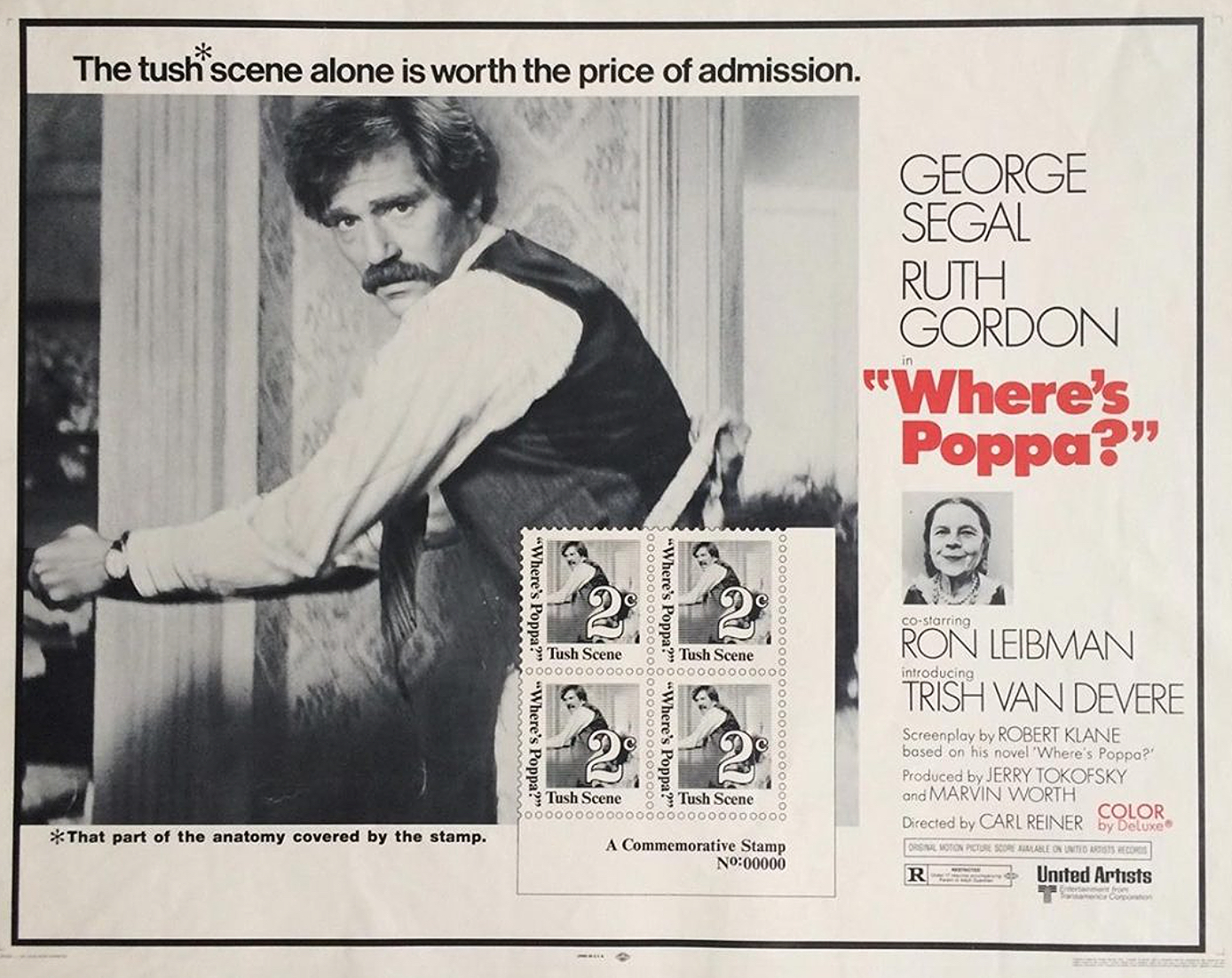
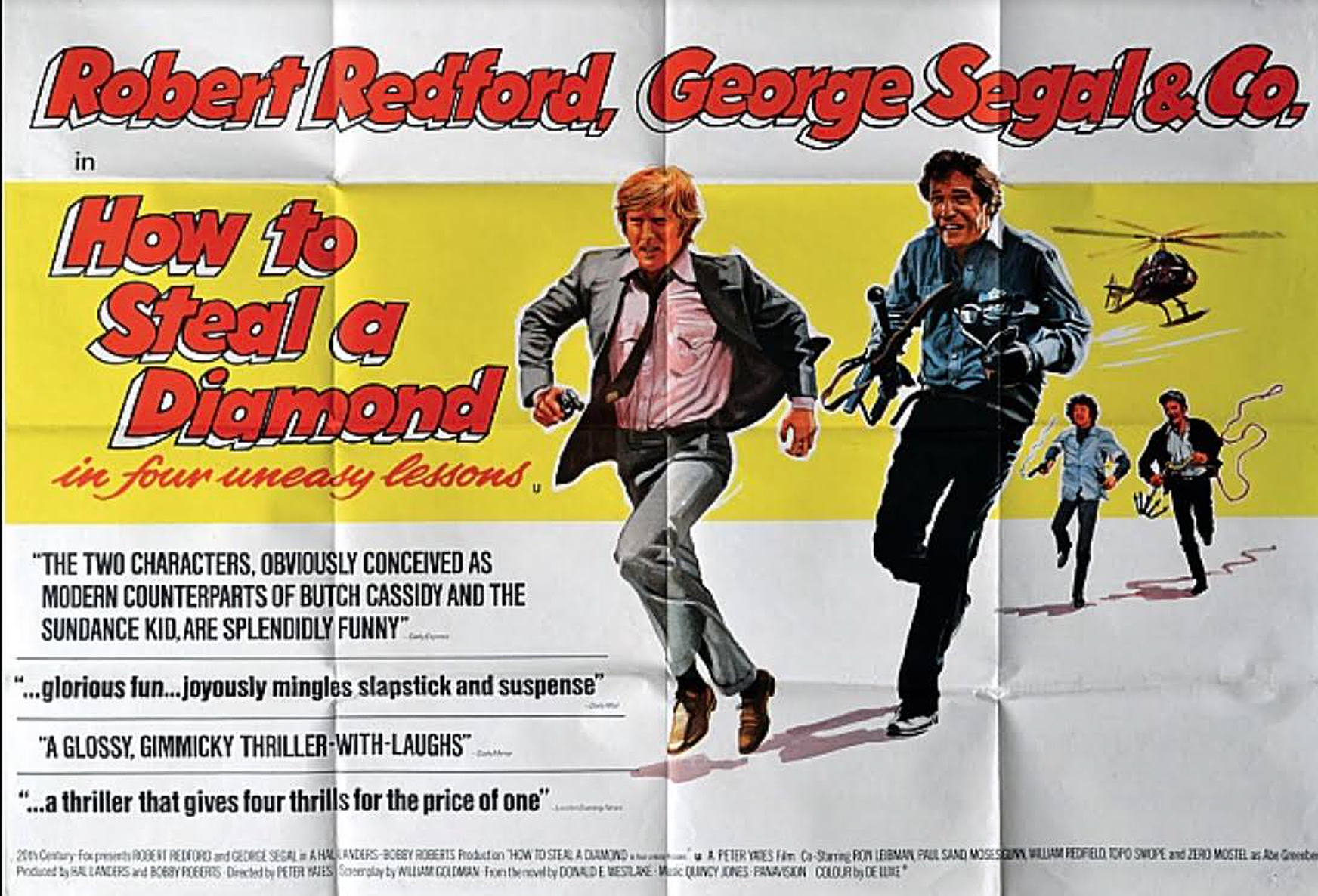
Temporary, pre-release trade ad title for Pert Yates’ The Hot Rock.
Gangster Gonzo
This is going to make me sound like some kind of sentimental or undisciplined sap, but the night before last I watched an HD Amazon stream of All Through The Night (’42), and I kind of loved it — fun performances (Humphrey Bogart, Peter Lorre, Conrad Veidt, Jane Darwell and a 25 year-old Jackie Gleason), great-looking, punchy, swiftly paced.
It’s a thoroughly lightweight, second-tier, studio-lot Warner Bros. comedy-thriller about a gang of Manhattan wiseguy gamblers vs. a team of Nazi saboteurs, and it really moves along — runs 107 minutes, feels like 80 or 85. And the Damon Runyon-esque dialogue (“Catch ’em with their panzers down”) really zips along. The writers are Leonard Spigelgass and Edwin Gilbert.
Produced by Hal Wallis and Jerry Wald and completely lacking in substance**, All Through The Night is the kind of par-for-the-course programmer that the studios used to crank out like sausage. But it’s surprisingly smooth and winning…a dopey goof-off flick but very well done for what it is, and stocked with Warner Bros. contract players, and extra enjoyable now because the 1080p resolution is so clean and sharp.
And the spiffy, smooth-sailing Bogart, wearing his Maltese Falcon toupee, looks and sounds great — he’s having fun and doesn’t give a shit. Ditto William Demarest, Judith Anderson, Phil Silvers, Barton MacLane, Kaaren Verne, etc.
You Don’t Know What It’s Like…
…to live with a light sleeper with extra-sensitive hearing, a woman who can be woken up by damn near anything. And who chews you out when this happens.
Sleeping modes differ, of course. Some (like me) sink to the bottom of the pond and can’t be aroused by anything less than a 7.0 earthquake, and others (like the CEO of Tatiana, Ltd.) float on the surface of the pond. And I’m telling you that the slightest little piddly-tinkly-twinkly noise…a fork falling off a plate onto our glass-top coffee table, the accidental dropping of an iPhone battery, the mere snapping of a twig…wakes her up, and when that happens it’s like getting reamed out by Vladimir Putin.
I like to watch an old film to settle down with, and I always do so with wireless headphones. My movie time starts when Tatiana dozes off, around 10:30 or 11 pm. From that point on it’s “observe Moscow Rules or die.” If I want to get up for anything (a bottle of water, an ice pop, feed the cats) I’m careful to step extra-gently without shoes and only on the balls of my feet…I’m an angel walking on cotton balls. But that’s not good enough for General Strelnikov because if I walk on top of certain sections of wooden floor a slight groaning or creaking sound results…”you woke me uhhhp!!”
My name is Aleksandr Solzhenitsyn, and I live in the Gulag Archipelago.
Son of All Night Long
Passing of a Great Screen Villain
Respect for the late Jessica Walter, who passed yesterday at age 80. Walter achieved screen immortality when she portrayed Evelyn Draper, the estranged younger sister of Don Draper (kidding!) and the original psycho-nutso girlfriend in Clint Eastwood Play Misty For Me (’71).
After a single night of great sex with Carmel disc-jokey Dave Garver (Eastwood), Walter/Draper grasped and stalked and terrorized and wound up wielding a large kitchen knife. Audiences cheered when she met her doom at the finale.
16 years later Walter became the second most psychotic and terrifying figure in this realm with the arrival of Glenn Close‘s Alex Forrest in Adrien Lyne‘s Fatal Attraction (’87).
Alex caused blood to instantly drain from the faces of tens of millions of straight American male dilletante infidels…husbands and boyfriends who had once or twice slithered into a little involvement on the side without getting caught. Or had dreamt of this.
The idea with both Evelyn and Alex was that if you become intimate with them just once or twice, for a single night or over, say, a 24-hour period, you need to devote your life to them forever…leave your girlfriend, get divorced, invite her to live with you and become her lifelong partner as she prepares for a coming child, etc.
Walter’s peak feature-film period ran from the mid ’60s to early ’70s — Lilith, Grand Prix, The Group, Bye Bye Braverman, Number One, Play Misty for Me, etc. She kept working and hung in there and won an Emmy or two (she was oh-my-God-so-fucking-great in Arrested Development!…aaagghh wonderful!) all the way to the end. And don’t forget her voice work in Archer.
